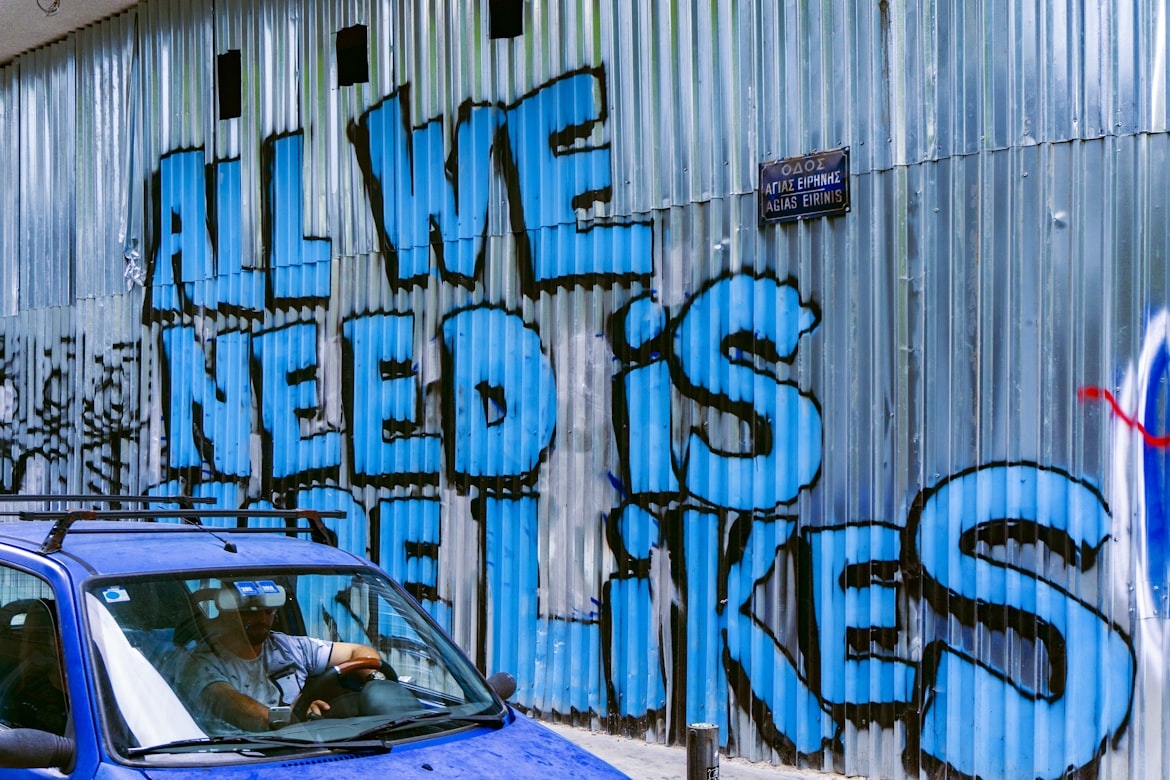By Rida Noor Malik, Matihiko/Tech Support Librarian, Hamilton City Libraries| Te Ohomauri o Kirikiriroa librariesdigitalteam@hcc.govt.nz
The term ‘social media engagement’ has been described as click based participation (Gerlitz & Helmond, 2013) where users simply ‘like’ or ‘heart’ a post. But do the number of likes and comments actually show engagement? Students and librarians create an online community of practice when they visit academic libraries via social media to “share, discuss and learn” (Wenger, 1998, p.34). This translates to ‘engagement’ with the library, its resources and activities through social media.

Several research studies measure the impact of the type of content on social media. Joo, Choi, and Baek (2018) explored the kinds of social media content that public libraries create for communication. Their sample of 4736 Facebook posts collected from 151 libraries across America were divided into ten categories. The results showed that promoting events was the most used category by all public libraries. For my research study, I collected three months of Facebook and Instagram posts from Auckland University of Technology Library and Massey University Library. When I analysed these posts, promotion was also the top category for both New Zealand academic libraries.
Promotion has always been a major focus of both academic and public libraries’ social media pages. However, promotional type posts can be combined with content which facilitates informal learning opportunities. These opportunities are a way of softly marketing that your academic library has a brand with a goal to promote research and share knowledge. Libraries can focus on creating content where students get opportunities to engage with librarians. For example, Powell Library at University of California goes beyond the occasional photo on Instagram and incorporates content that emerges from the curriculum (Salomon, 2013). If we look for an example closer to home, Massey University has recognized that Instagram can be a fun learning and teaching tool for them and their students. This is evident from the Kupu O Te Wiki (Word of the Week) posts which are focused on teaching Te Reo Māori (the Māori language). These posts got different types of comments, such as students thanking the library, asking for Te reo classes and general comments where people tagged other students (Malik, 2019).
There are many ways to educate users through social media because there is a rapid growth in online learning options. For example, Facebook groups can be used for asynchronous discussions which are helpful in holding group activities and online workshops. Libraries can also use participatory features of social media to start conversations, invite users to comment, or take part in polls to deliberately ask for user’s opinions, feedback and questions. This can be useful for engaging users in collection development, improvements to library spaces, and other operational activities. The response from users can help to determine the reputation of the library within the university (Mon, 2015).
Simply promoting services does not create a vibrant community of practice. When libraries use social media for mass communication, users become passive viewers instead of active contributors. Therefore, promoting conversations and knowledge sharing can help form a community that evolves naturally. For example, Hamilton City Libraries often engage with their library users in a humorous way but it has also opened up a window for getting feedback. According to Wenger (1998) a strong sense of community is important for building the trust needed to safely share opinions and ideas. Using social media while keeping in mind the communities of practice guidelines can provide a context in which to put the power of ‘sharing and communication’ to engage a community.
References:
Gerlitz, C., & Helmond, A. (2013). The like economy: Social buttons and the data-intensive web. New Media & Society, 15(8), 1348-1365. https://doi.org/https://doi.org/10.1177/1461444812472322
Joo, S., Choi, N., & Baek, T. H. (2018). Library marketing via social media: The relationships between Facebook content and user engagement in public libraries. Online Information Review, 42(6), 940-955. https://doi.org/doi:10.1108/OIR-10-2017-0288
Malik, R. (2019). Using social media for student engagement: A study of two New Zealand academic libraries [Master’s project, Victoria University of Wellington]. Te Herenga Waka. http://hdl.handle.net/10063/8201
Mon, L. (2015). Social media and library services. San Rafael, CA: Morgan & Claypool Publisher.
Wenger, E. (1998). Communities of practice: Learning, meaning, and identity. New York, NY: Cambridge University Press
